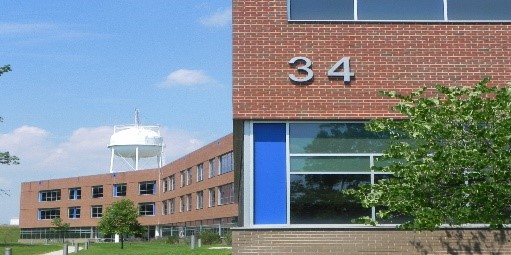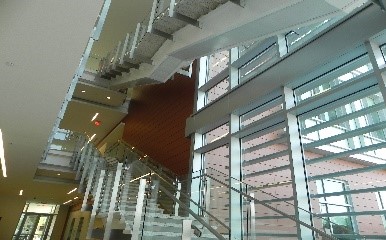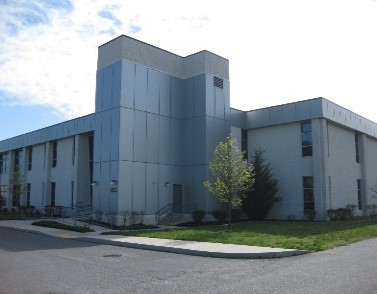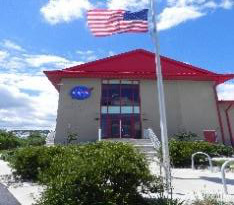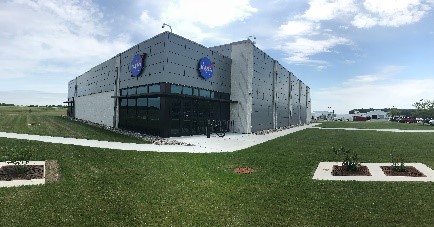Sustainability Management
In response to the recent executive order Executive Order 14057, Executive Order on Catalyzing Clean Energy Industries and Jobs Through Federal Sustainability, Goddard developed its 2021 Goddard Sustainability Report and Implementation Plan. The plan demonstrates Goddard's vision and efforts towards addressing the Center's five major sustainability objectives:
- Reduce Energy Consumption, associated air emissions and other environmental impacts
- Manage Water Impacts including consumption, pollution and climate change impacts
- Reduce Waste through lifecycle materials management from source reduction and green purchasing to reuse and recycling
- Promote Transportation Alternatives to reduce environmental impacts and promote universal access to the Center
- Support Local Ecosystems by caring for the lands that support NASA operations
Sustainability Initiative Spotlight
Research Spotlight: WFF Propane to Natural Gas Conversion Study
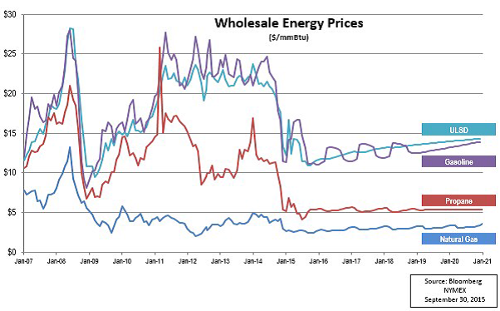 In 2011 Goddard began converting the historic fuel oil-fired heating system at the Wallops Flight Facility to building-level propane systems to reduce air-pollution emissions associated with burning fuel oil. The conversion resulted in a 26% reduction in greenhouse gas emissions from Wallops (due to the reduced emission rate and increased efficiency of the propane systems), and drastic reductions in hazardous air emissions associated with using fuel oil. Based on developments in natural gas markets since the implementation of the project, Goddard identified a potential opportunity to further improve environmental performance, and reduce operating costs by adapting the propane systems to utilize natural gas. In 2014 Goddard initiated a study to evaluate numerous fuels and delivery options to determine the best possible fuel option.
In 2011 Goddard began converting the historic fuel oil-fired heating system at the Wallops Flight Facility to building-level propane systems to reduce air-pollution emissions associated with burning fuel oil. The conversion resulted in a 26% reduction in greenhouse gas emissions from Wallops (due to the reduced emission rate and increased efficiency of the propane systems), and drastic reductions in hazardous air emissions associated with using fuel oil. Based on developments in natural gas markets since the implementation of the project, Goddard identified a potential opportunity to further improve environmental performance, and reduce operating costs by adapting the propane systems to utilize natural gas. In 2014 Goddard initiated a study to evaluate numerous fuels and delivery options to determine the best possible fuel option.
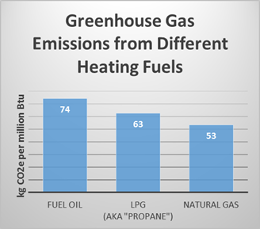
The study determined that, after the drop in propane prices that occurred shortly after the study was initiated, natural gas is no longer sufficiently price competitive to warrant the investment required to change fuels. Looking forward, however, the study provides useful information to evaluate future fuel choices at Goddard and other similar facilities in the face of changing energy markets.
Research Spotlight: Stormwater Management Modeling
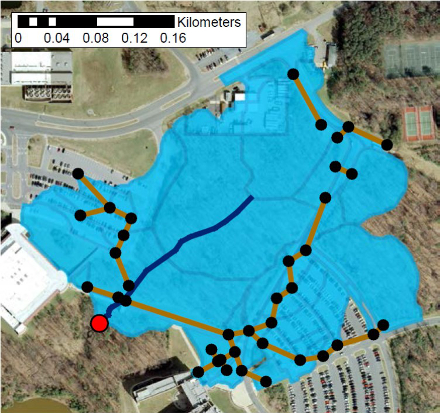
Urban development has severe negative impacts on streams, including ecosystem degradation, flooding, and increased erosion. Modern stormwater management seeks to prevent these negative impacts with treatment structures and development strategies known collectively as stormwater best management practices (BMPs). However, it is difficult to predict the effectiveness of a system of BMPs prior to construction without modeling, which can be time-consuming. This study sought to model relevant BMPs to inform the decision-making of water quality managers here at Goddard. The standard of ideal performance in stormwater management is replicating pre-development hydrological conditions, and so these conditions were also modeled as a standard for success. During various modeled storm events, both peak discharge and total runoff volume were reduced by the BMPs relative to current conditions but remained substantially higher than predicted pre-development conditions. BMPs that significantly exceed the Maryland sizing criteria were then modeled, and these replicated pre-development hydrological conditions. These results indicate that, in this case, effective stormwater management requires implementation of management strategies beyond those required by government regulations, supported by site-specific information and performance evaluations.
Electric Vehicles
 We are interested in gauging employee demand for electric vehicle charging at GSFC. Please view this graphic to learn more about the progress we've made and where we're headed.
We are interested in gauging employee demand for electric vehicle charging at GSFC. Please view this graphic to learn more about the progress we've made and where we're headed.
Urban Heat Island
Mark Carroll (Code 618) and the Medical and Environmental Management Division, are investigating urban heat island effects within the Greenbelt campus. The goal is to determine the extent of heating we're experiencing, its effects on infrastructure, building energy consumption, and employee well-being; and ultimately, what we can do about it. This initiative is one of Goddard's projects in the Agency's Climate Adaptation Science Investigators (CASI) initiative.
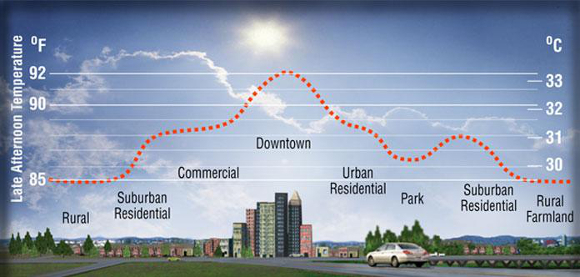
Goddard's LEED Certified Sustainable Buildings
Click on the photo for more information on each building.
Building 26
Building 34
Building 35
Building 36
Building 37
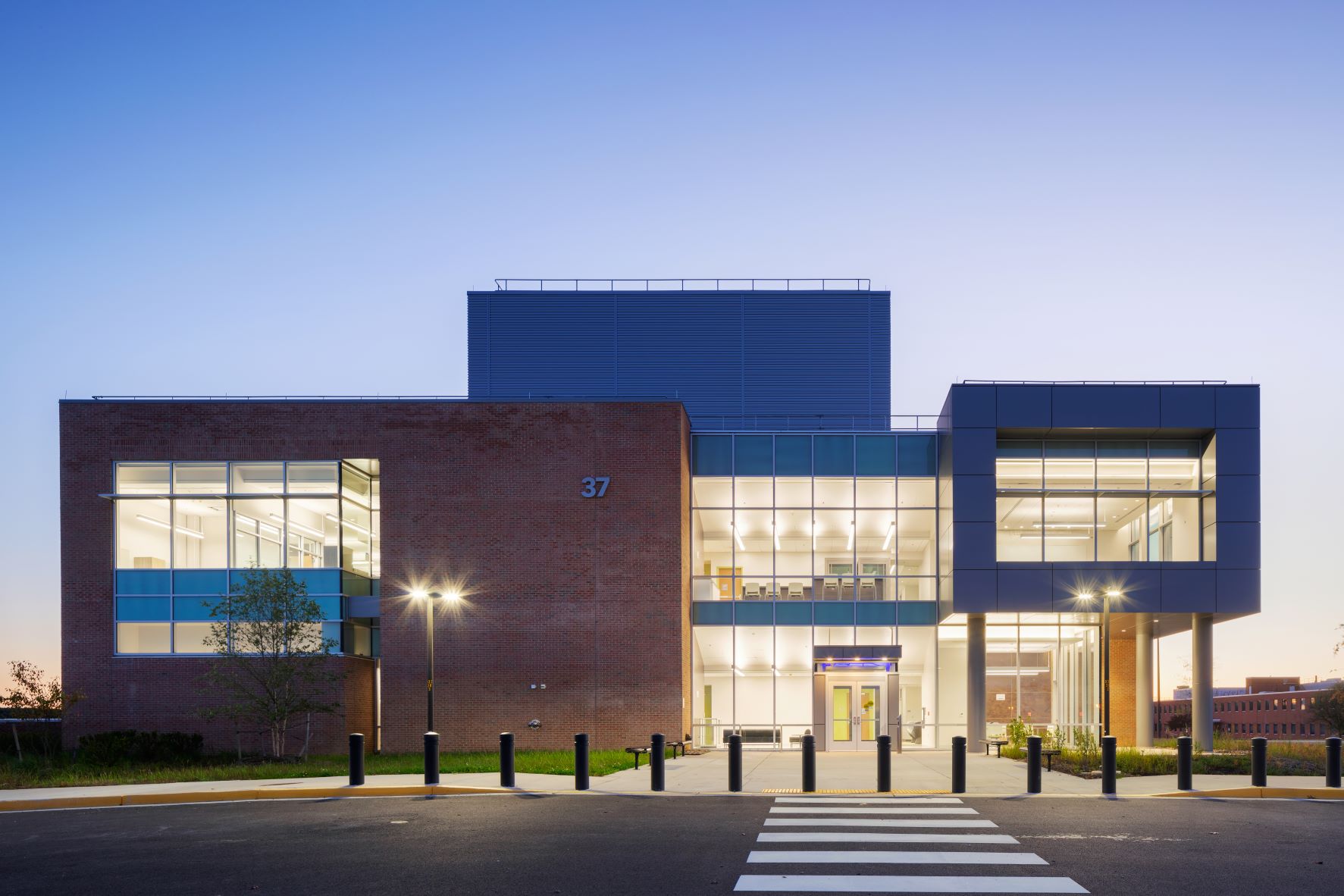
E 109
Wallops Fire House
MOCC
Program Contacts
Kelly Busquets 757-824-2041



